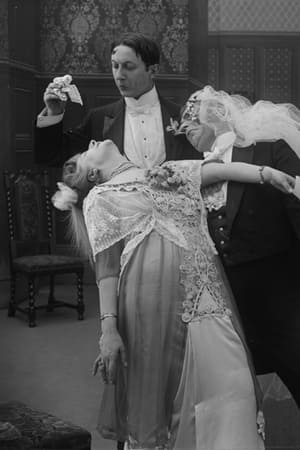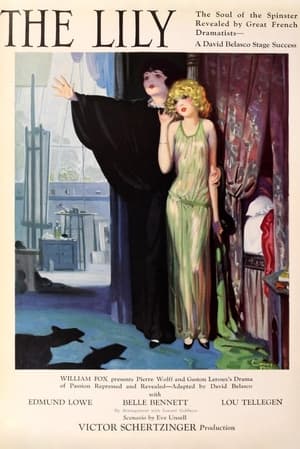

Baijin Long(1933)
A wealthy man's son, who has a sinecure as a hotel owner, poses as a bellhop to win the affections of a woman guest with whom he has fallen madly in love, but who seeks a common man who is earning his own way. This first Cantonese-language talkie was based on a successful 1930 stage musical written by and starring Xue JueXian (Sit KokSin), the plot of which was in turn inspired by a 1929 silent Hollywood romance called "The Grand Duchess And The Waiter" which Xue admired. The film was produced not in Shanghai, by the Tianyi studio, headed by the eldest of the Shaw Brothers, Shao Zuiweng (RunJe Shaw), and was so successful in the Cantonese-speaking parts of China that Shaw moved the Tianyi company to British-administered, Cantonese-speaking Hong Kong to make more Cantonese films in the face of the right-wing Chinese Nationalist government's ban on Cantonese language in favor of Mandarin. A sequel to Baijin Long was made in 1937, and the film itself was remade in 1947.
Movie: Baijin Long
Top 4 Billed Cast
Bok GumBing
Jong Yun Leong
Bok's father
Jen Joon-Wah

白金龍
HomePage
Overview
A wealthy man's son, who has a sinecure as a hotel owner, poses as a bellhop to win the affections of a woman guest with whom he has fallen madly in love, but who seeks a common man who is earning his own way. This first Cantonese-language talkie was based on a successful 1930 stage musical written by and starring Xue JueXian (Sit KokSin), the plot of which was in turn inspired by a 1929 silent Hollywood romance called "The Grand Duchess And The Waiter" which Xue admired. The film was produced not in Shanghai, by the Tianyi studio, headed by the eldest of the Shaw Brothers, Shao Zuiweng (RunJe Shaw), and was so successful in the Cantonese-speaking parts of China that Shaw moved the Tianyi company to British-administered, Cantonese-speaking Hong Kong to make more Cantonese films in the face of the right-wing Chinese Nationalist government's ban on Cantonese language in favor of Mandarin. A sequel to Baijin Long was made in 1937, and the film itself was remade in 1947.
Release Date
1933-01-01
Average
0
Rating:
0.0 startsTagline
Genres
Languages:
广州话 / 廣州話Keywords
Similar Movies
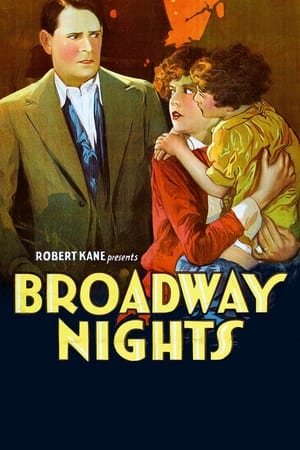 6.0
6.0Broadway Nights(en)
Fannie joins Johnny to perform a music-hall act which becomes a success, until two Broadway producers catch the act and offer Fannie a job on their latest show; however, they have no place for Johnny, so Fannie turns down the offer. (Film considered lost.)
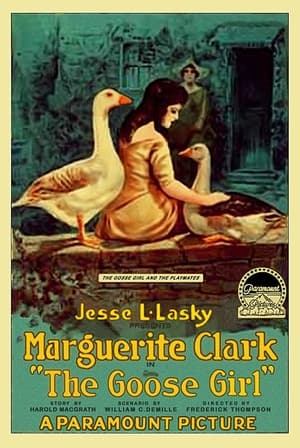 0.0
0.0The Goose Girl(en)
Count Von Herbeck, the chancellor to the Grand Duke of Ehrenstein, is married but keeps the fact secret on account of his high ambitions. His wife, dying, writes him a letter urging him to make their little child a great lady. A lost film.
 0.0
0.0The Little Minister(en)
To start a little in advance of our story, Lord Rintoul, of the English nobility, finds a little Gypsy girl three years old, who had been deserted by her parents. Fifteen years later, Gavin Dishart, the Little Minister, receives an appointment, his first, at Thrums, Scotland. This was made possible through the self-sacrifices of his widowed mother, to educate him for the ministry. The community of Thrums is made up of weavers, who work hard, have little and accomplish much. They are ultra-religious and look upon their pastor with such reverence that he is a little lower than the angels. While naturally intelligent, they are grounded in dogma and intolerance. Just after the Little Minister takes charge of the "Auld Licht Kirk" and the Manse, the weavers resent a reduction, by the manufacturers, in their pay and a strike is declared.
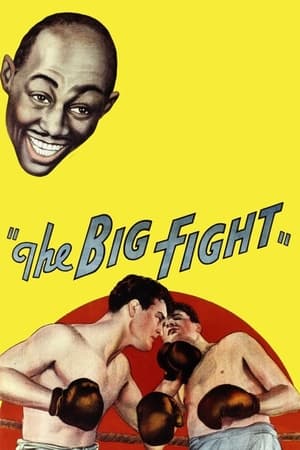 3.0
3.0The Big Fight(en)
Based on the David Belasco stage production of the Max Marcin play in which heavyweight-champion Jack Dempsey played the role of the fighter, Tiger: This "behind-the-scenes look of a heavyweight-championship fight" looks much like all of the other boxing films in which the Champ gets involved in a frame-up and is asked to take a dive.
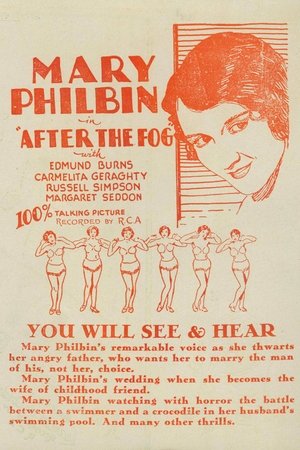 6.0
6.0After the Fog(en)
Millionaire Joshua Barker insists that his daughter, Faith, must marry Phil Langhorne, a man that neither likes, and Faith is in love with and eager to marry her childhood sweetheart, John Temple.
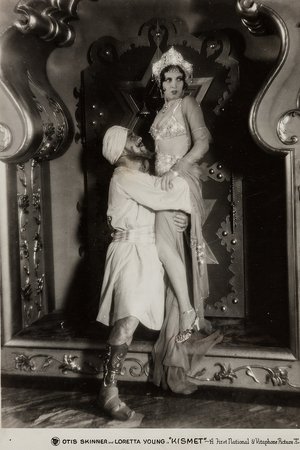 3.5
3.5Kismet(en)
Hajj, a rascally beggar on the periphery of the court of Baghdad, schemes to marry his daughter to royalty and to win the heart of the queen of the castle himself. This film is believed lost.
Love in the Ghetto(en)
Everybody's ordered out on a strike when Benjamin Cohen, proprietor of a sweat-shop, reduces the employees' wages ten per cent. Rebecca Barish, a young Jewess, and her father, reluctantly go out with the rest. Unable to find other work, their circumstances become so reduced that Rebecca is obliged to go to the pawnshop with some of their belongings, and while there, Jacob Stattler, the pawnbroker, takes a fancy to her, and offers her father, through a schatehen, five hundred dollars to give her to him in manage.
An Eventful Elopement(en)
Emphatically opposed to Jack Moss, old Mr. McGillicuddy puts the ban on his marriage to his daughter Dolly. The old gentleman is adamant to the appeals of the young lovers and interposes his interference on every occasion, when they get together. McGillicuddy is seized with an attack of the gout, which handicaps him, and it is then Jack arranges with Dolly to elope.
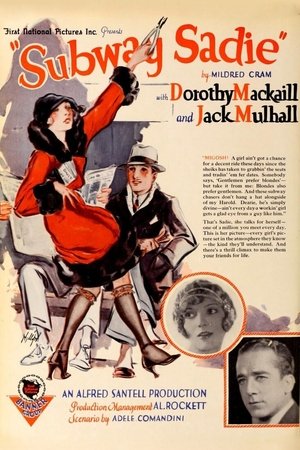 0.0
0.0Subway Sadie(en)
A New York fur saleswoman falls for a man she meets on the subway and must decide if she wants to accept a much dreamed for work transfer to Paris, or stay and get married.
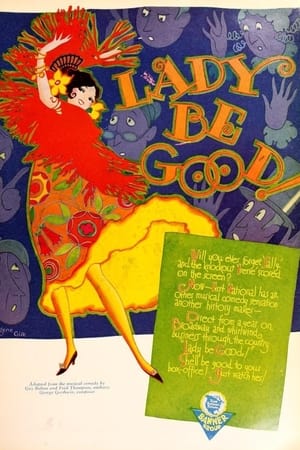 0.0
0.0Lady Be Good(en)
Two engaged vaudeville magicians quarrel and go their separate ways.
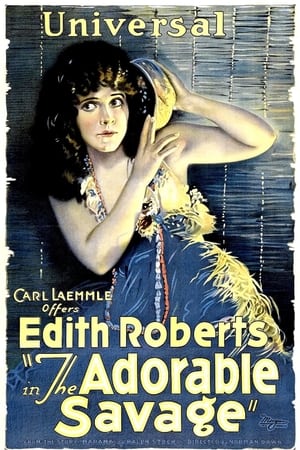 0.0
0.0The Adorable Savage(en)
Marama Thurston leaves her fashionable boarding school in America when her ailing father Jim Thurston, a plantation owner on Fiji, begs her to protect the rubber crop from his thieving son-in-law. Upon arriving on the island, Marama learns that she is a half-caste. Traumatized, she assumes native customs and agrees to marry Ratu Madri, the island's ruler. Templeton, an American fugitive living on Fiji, falls in love with her, but Marama rejects him, having pledged herself already to the Fiji chief. As Marama dances the prenuptial rite, Templeton attempts to rescue her. The natives seize the American, and Marama threatens suicide if they harm him. The couple escape during a hurricane, and soon after a yacht arrives with the news that Templeton has been exonerated of murder charges. Their problems thus resolved, they return to America to wed. A lost film.
Cameo Kirby(en)
Cameo Kirby is a 1914 American drama silent film directed by Oscar Apfel and written by Clara Beranger and William C. deMille. The film stars Dustin Farnum, Fred Montague, James Neill, Jode Mullally, Winifred Kingston and Dick La Reno. It is based on the play Cameo Kirby by Booth Tarkington and Harry Leon Wilson. The film was released on December 24, 1914, by Paramount Pictures.
 0.0
0.0The Play Girl(en)
When Madge, a clerk in a flower shop, is sent to a bachelor's apartment to deliver and arrange a bouquet, she discovers a guest, young and handsome Bradley Lane, taking a bath. She loses her job and becomes a playgirl until Bradley, her true love, asks her to marry him.
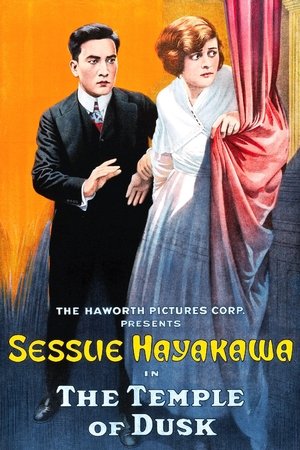 1.0
1.0The Temple Of Dusk(en)
Japanese poet Akira living in Tokyo, loves American Ruth Vale, who was placed in the care of Akira's father when her missionary parents died. Ruth returns Akira's affections until she meets Edward, but the American proves an unfaithful husband. Three years later, Ruth is gravely ill while Edward amuses himself with his new lover, Adrienne Chester, but Akira comforts the dying woman with the promise that he will protect her little daughter Blossom.
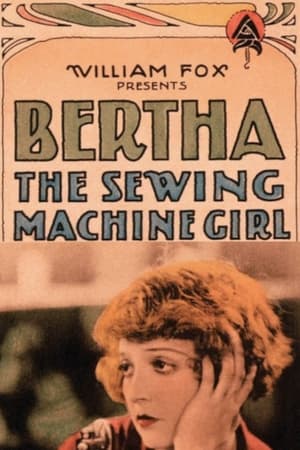 0.0
0.0Bertha the Sewing Machine Girl(en)
Bertha Sloan loses her job as a sewing-machine girl and subsequently is employed as telephone girl with a lingerie manufacturing company. She soon falls in love with the assistant shipping clerk, Roy Davis, and is promoted to chief model for the firm, owing to the patronage of Morton, the wealthy and wicked manager. Bertha is about to take a position in Paris as designer when Morton lures her to his home.
The Strategy of Ann(en)
A Short comedy starring Mabel Normand. The film is considered lost.
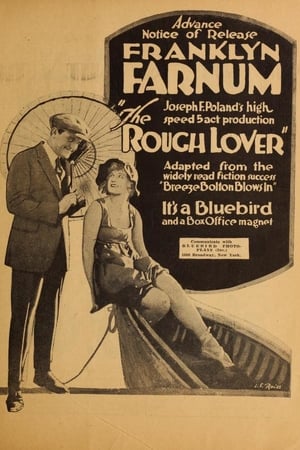 0.0
0.0The Rough Lover(en)
Richard Bolton, a timid bookworm, is too shy to declare his love for the beautiful Helen. While she remains unimpressed, however, the Countess Wintershin pursues him relentlessly, to Richard's embarrassment and her jealous husband's dismay.
